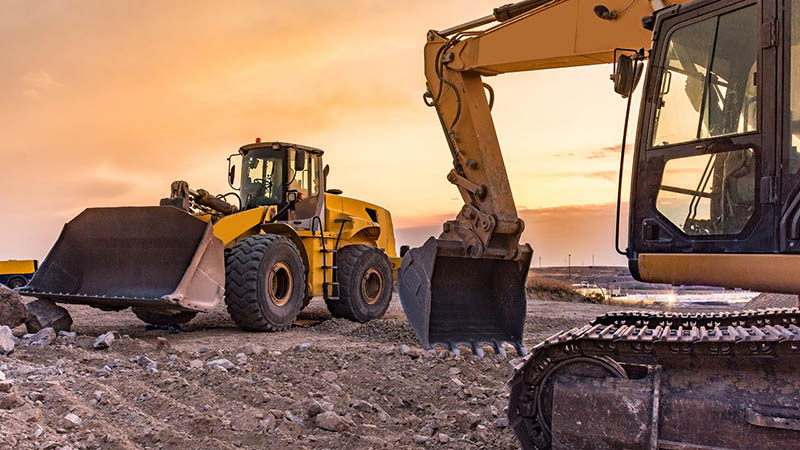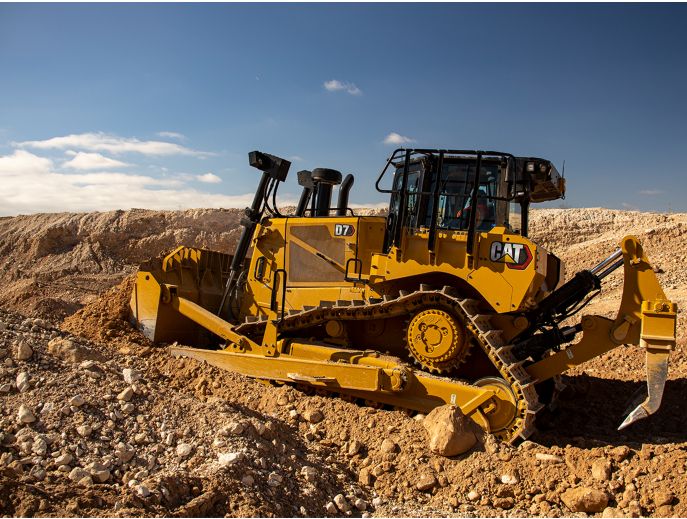The Vital Role of Equipment Maintenance in Zimbabwe’s Construction, Mining, and Agricultural Sectors
Regular maintenance and servicing of construction, mining and agricultural equipment is important in Zimbabwe. At JCB Hire Zimbabwe, we hire out the best performing equipment. Call 0774186042 today
Zimbabwe’s economy hinges heavily on its construction, mining, and agricultural sectors. These industries are the backbone of development, contributing significantly to GDP and employing a substantial portion of the workforce. However, the productivity and longevity of these sectors are intrinsically linked to the condition of their heavy machinery and equipment. Regular maintenance and servicing are not merely cost centers; they are crucial investments that yield substantial returns in terms of efficiency, safety, and profitability. This post delves into the multifaceted importance of regular maintenance for these vital sectors within the Zimbabwean context.
Maximizing Equipment Lifespan and Reducing Downtime:
Heavy machinery used in construction, mining, and agriculture is expensive. Replacing this equipment represents a significant capital outlay, often straining already limited resources. Regular maintenance significantly extends the operational lifespan of these assets. Preventive measures, such as scheduled lubrication, component inspections, and timely repairs of minor issues, prevent the escalation of small problems into catastrophic failures. This minimizes downtime, which is a major cost driver. In Zimbabwe, where access to replacement parts might be delayed or expensive due to import challenges, proactive maintenance becomes even more critical. Downtime translates directly to lost productivity, missed deadlines in construction projects, reduced mining output, and delayed harvests in agriculture – all impacting the national economy.
Enhancing Operational Efficiency and Productivity:
Well-maintained equipment operates at peak performance. Engines run smoothly, hydraulic systems function optimally, and components work in harmony. This leads to increased output and efficiency. In agriculture, a properly maintained tractor can cover more land in less time, leading to higher yields. In mining, efficient excavators and loaders mean more ore extracted per shift. In construction, timely completion of projects hinges on reliable machinery. In Zimbabwe’s context, where resources are often stretched thin, maximizing the efficiency of existing equipment is paramount to achieving economic goals.
Improving Safety and Reducing Accidents:
Faulty equipment is a significant safety hazard. Hydraulic leaks, worn brakes, and malfunctioning safety systems can lead to serious accidents resulting in injuries, fatalities, and costly legal repercussions. Regular servicing and inspection identify potential safety risks before they cause harm. This is particularly crucial in the mining sector, where the inherent dangers are already high. Complying with safety regulations is also essential for securing insurance and avoiding penalties. In Zimbabwe, where safety standards are increasingly being emphasized, proactive maintenance is not just good practice; it’s a necessity.
Minimizing Repair Costs:
While regular maintenance requires an upfront investment, it ultimately saves money in the long run. Addressing small problems before they become major failures significantly reduces repair costs. A small leak ignored can lead to a complete hydraulic system failure, costing significantly more to repair than a timely replacement of a seal. This cost-saving aspect is especially relevant in Zimbabwe, where access to skilled labor and replacement parts might involve extra expenses.
Enhancing Fuel Efficiency
Properly maintained equipment consumes less fuel. Engines that are tuned and lubricated correctly operate more efficiently, reducing fuel consumption and contributing to lower operational costs. This is vital in a country like Zimbabwe where fuel prices can be volatile and significantly impact operational budgets across all three sectors.
Maintaining Compliance and Meeting Standards
Many industries in Zimbabwe operate under strict regulations and safety standards. Regular maintenance and servicing are often a requirement for compliance. Failing to meet these standards can lead to hefty fines, operational shutdowns, and damage to reputation. Maintaining comprehensive maintenance records is crucial for demonstrating compliance to auditing bodies.
Investing in Skilled Labor:
Regular maintenance requires skilled technicians and mechanics. Investing in training programs for local personnel ensures the availability of qualified individuals to maintain the equipment. This not only supports the maintenance needs of the industries but also contributes to human capital development within the country.
Conclusion:
Regular maintenance and servicing of construction, mining, and agricultural equipment are not merely optional practices; they are indispensable investments for the economic progress of Zimbabwe. By extending equipment lifespan, enhancing productivity, improving safety, and minimizing costs, proactive maintenance plays a vital role in ensuring the long-term viability and success of these pivotal sectors. A strategic approach to maintenance, encompassing preventative measures, skilled labor, and robust record-keeping, is crucial for driving sustainable economic growth in Zimbabwe.


